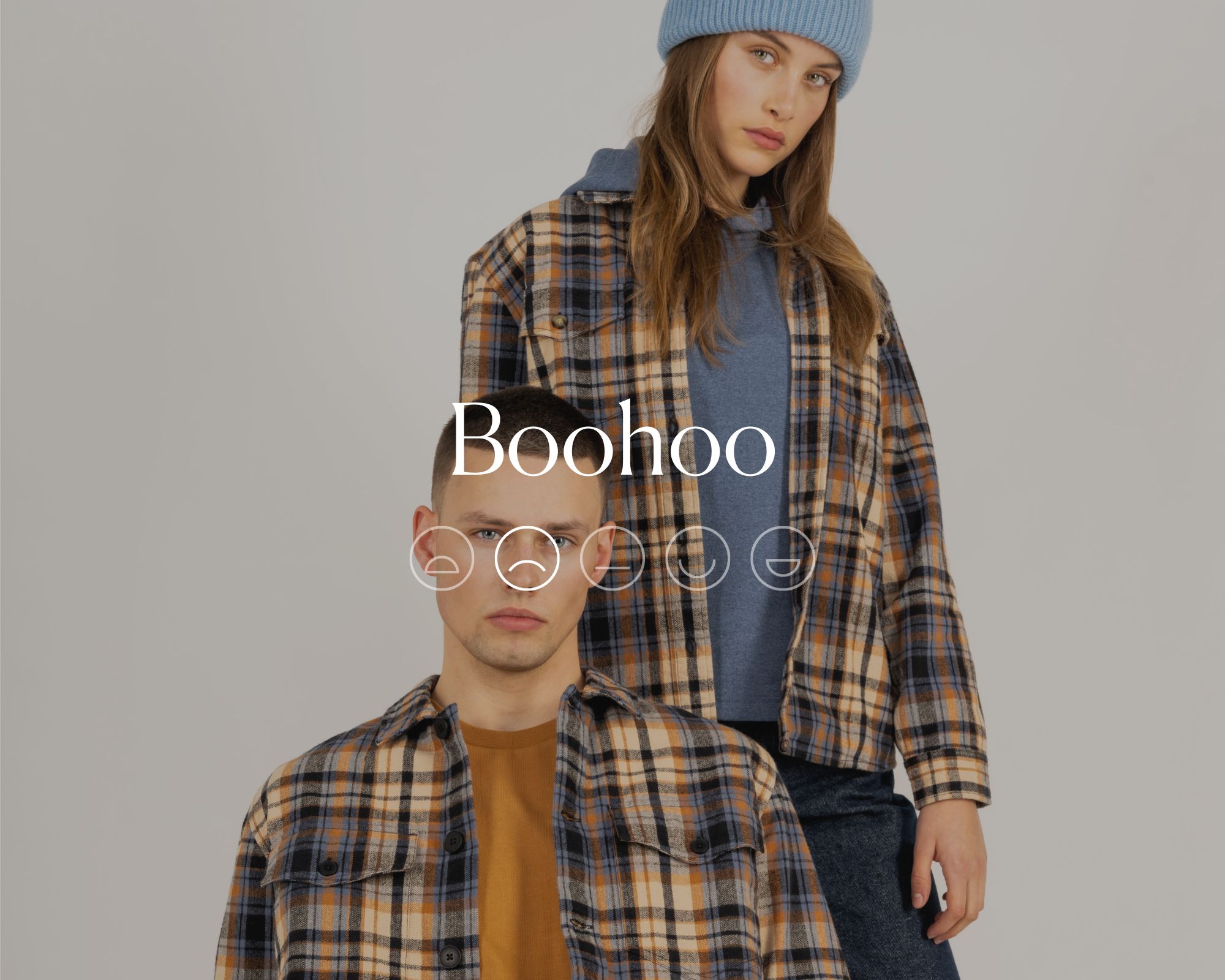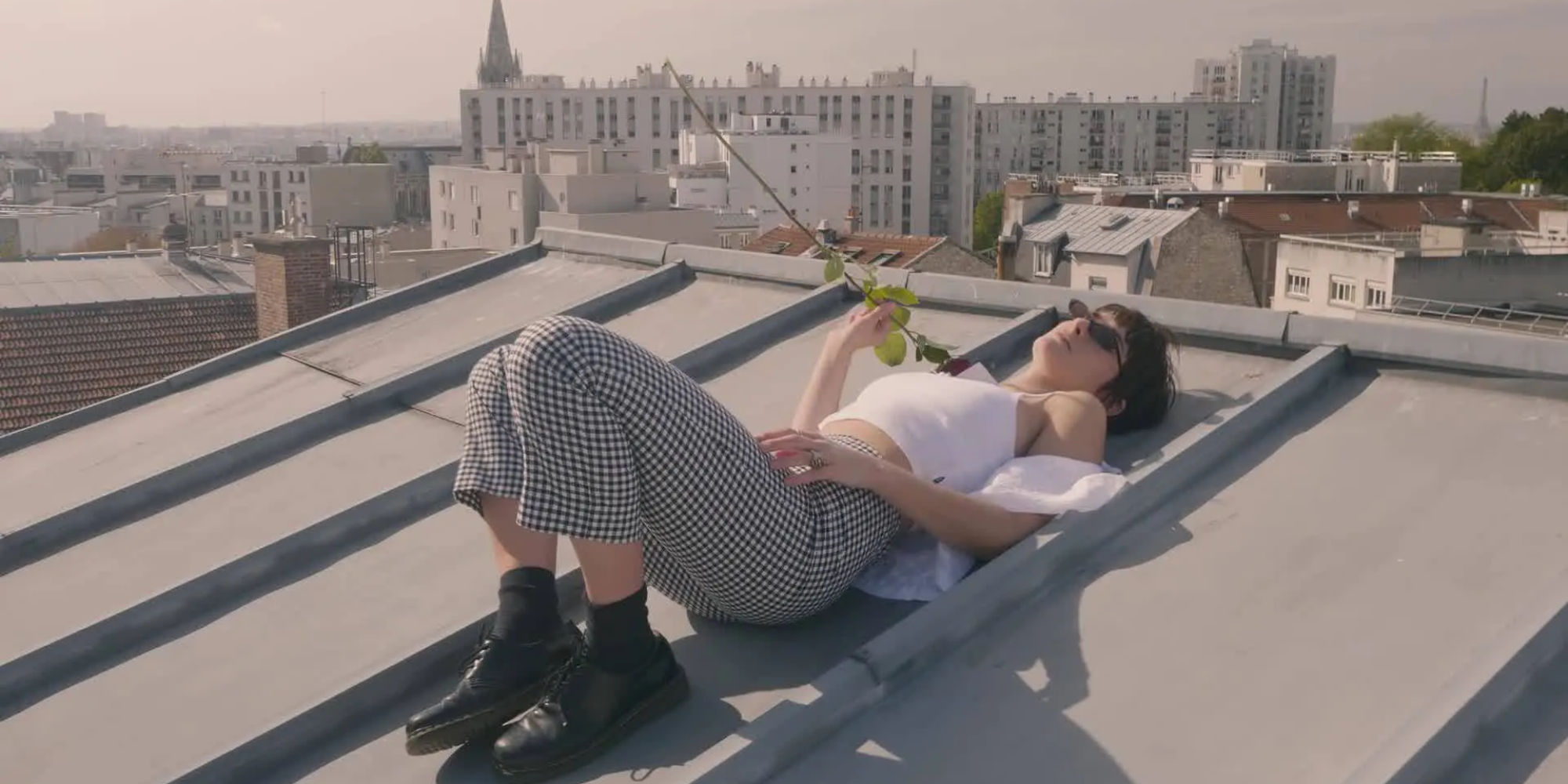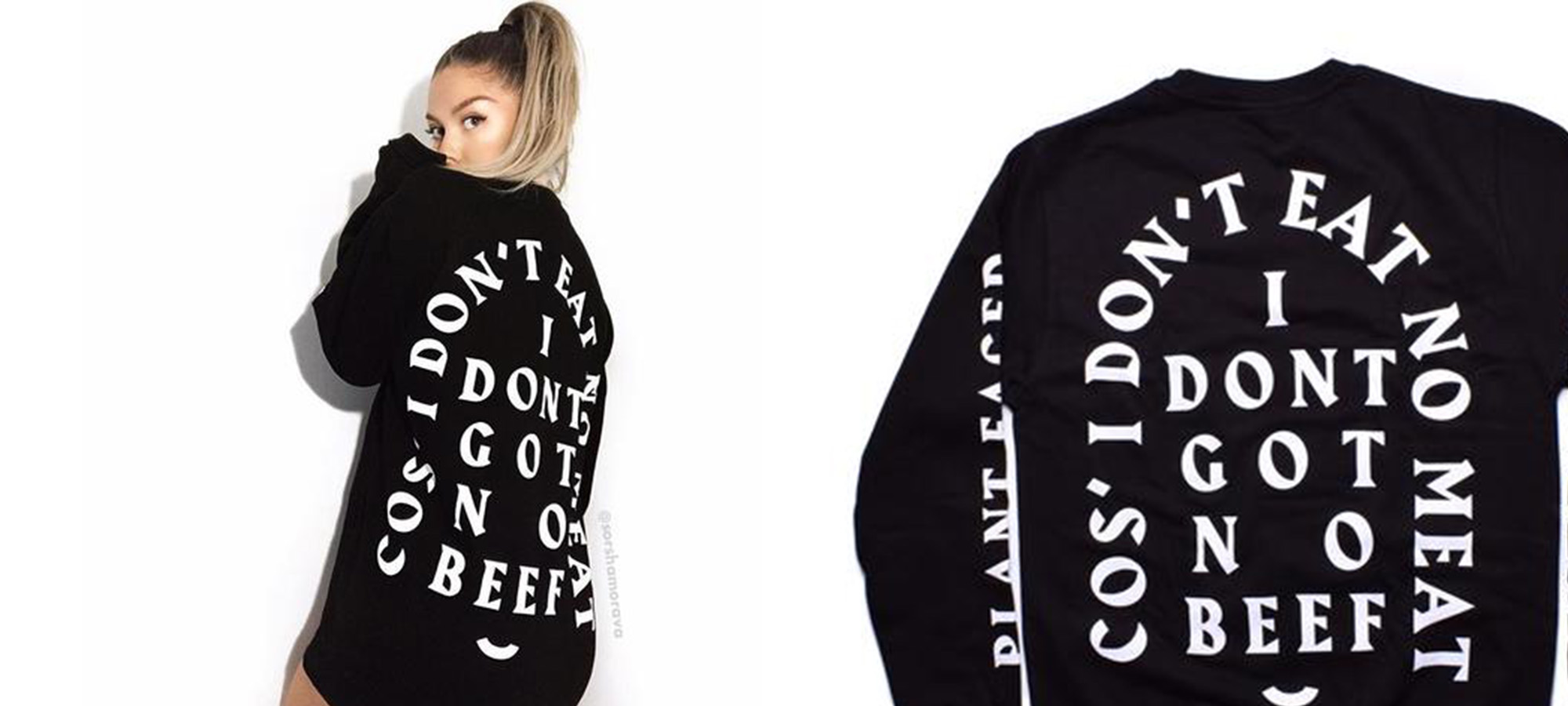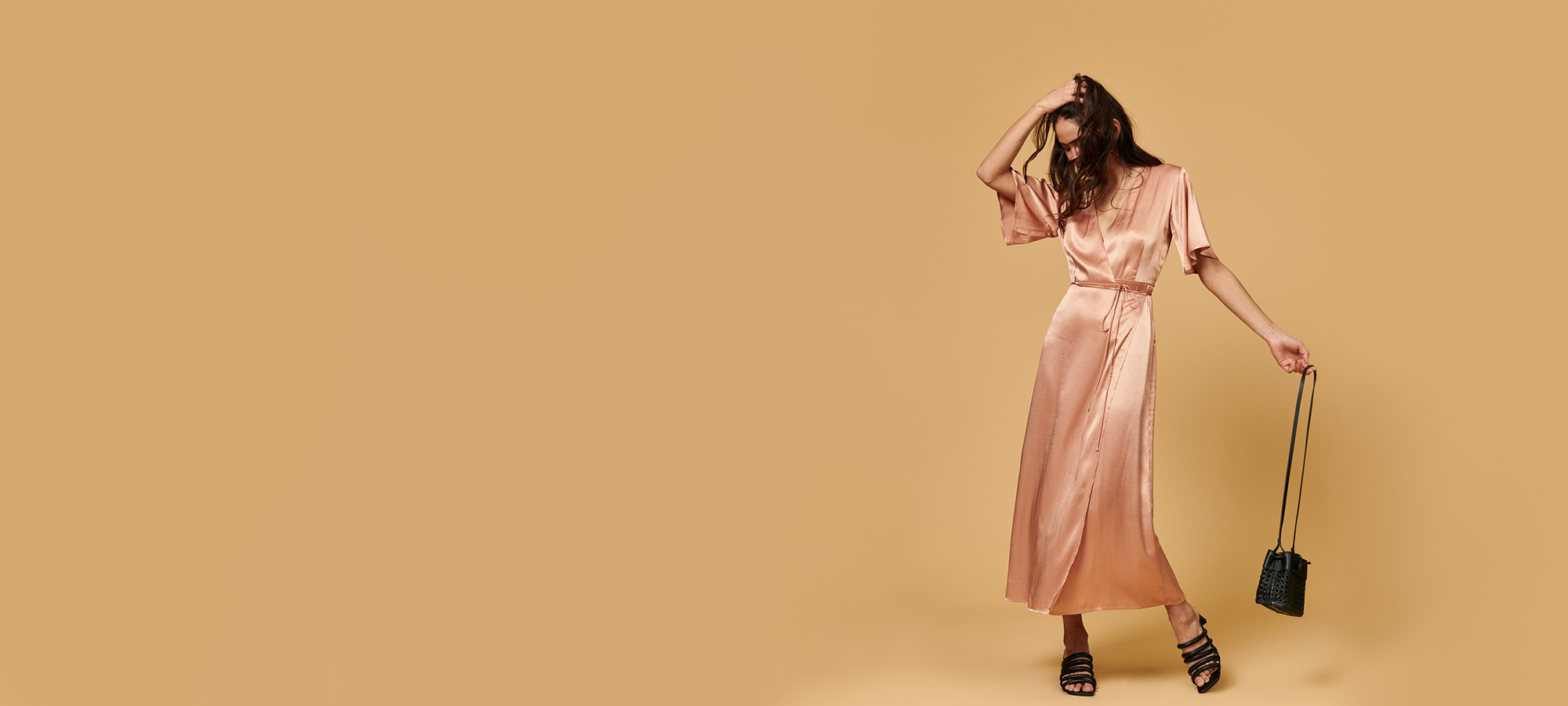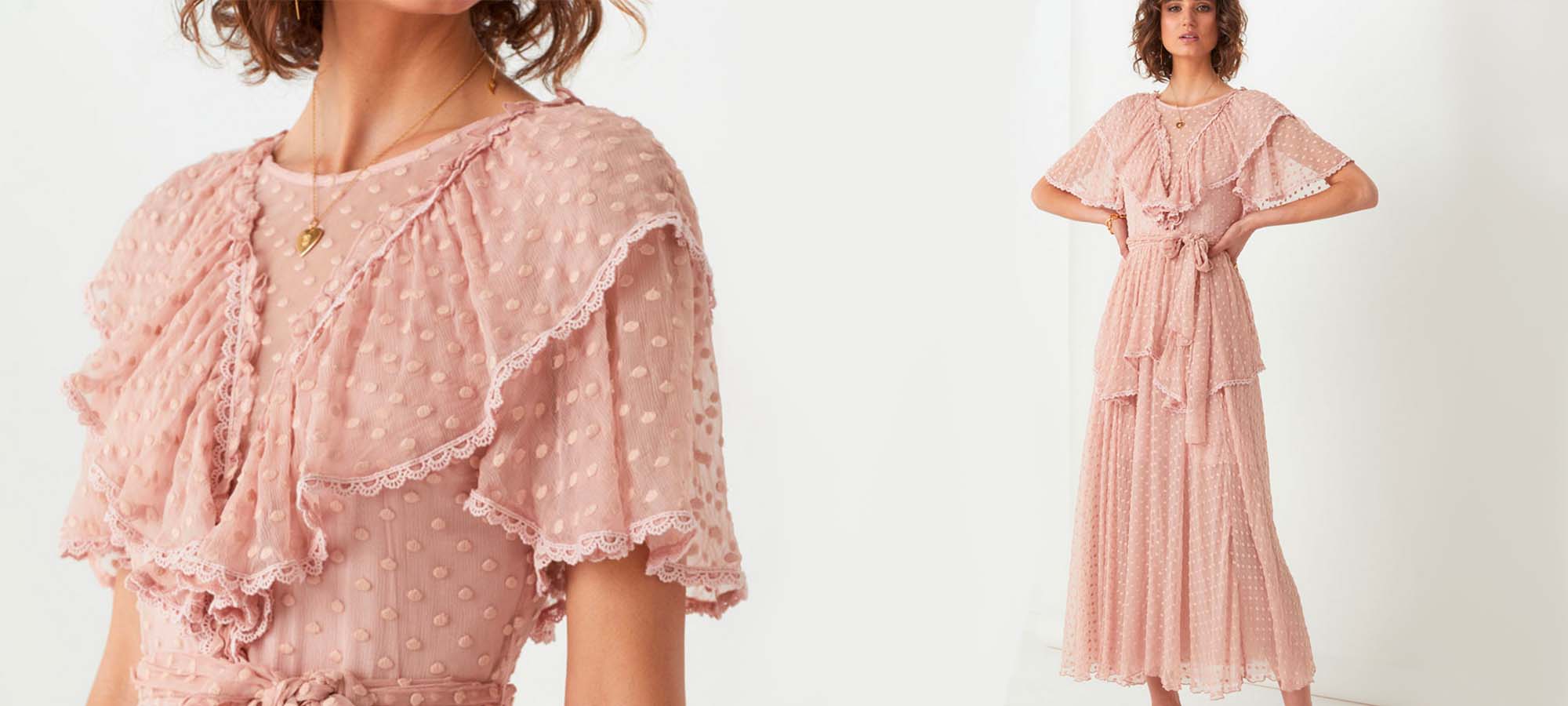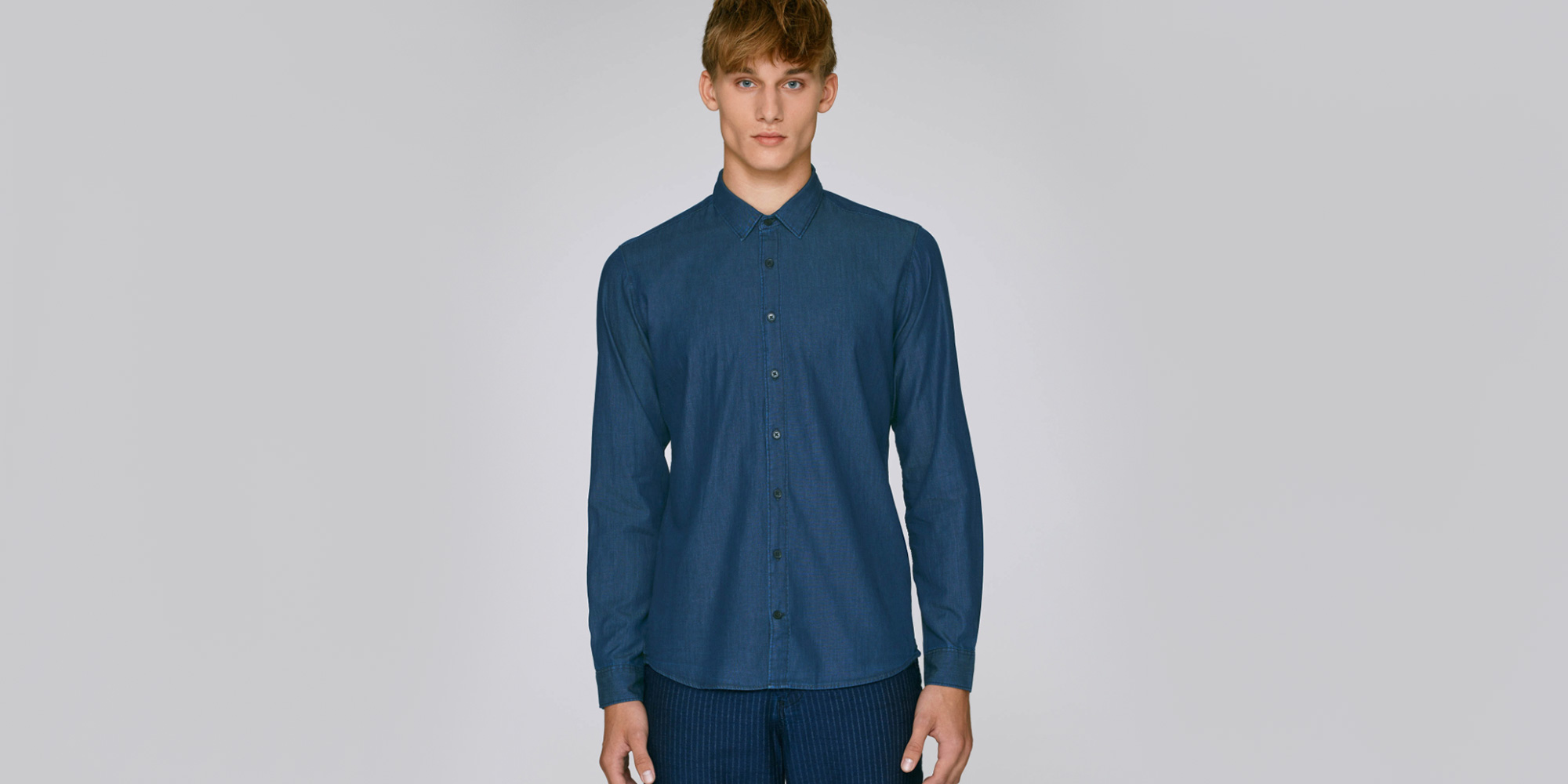Our editors curate highly rated brands that are first assessed by our rigorous ratings system. Buying through our links may earn us a commission—supporting the work we do. Learn more.
Boohoo has expanded rapidly since its launch in 2006. With such rapid growth comes great responsibility, so how ethical is Boohoo? Here’s why the brand is “Not Good Enough” for people, the planet, and animals. This article is based on the Boohoo rating published in September 2022.
Boohoo needs to do better
Founded in Manchester in 2006, Boohoo has grown fast since then: the brand even purchased PrettyLittleThing and Nasty Gal, two other fast fashion brands, in 2017.
But in 2019, Boohoo was named one of the least sustainable fashion brands in the UK in a report published by the Environmental Audit Committee (EAC). In 2020, allegations about worker exploitation by a supplier of Boohoo in Leicester emerged. And just when you thought things couldn’t get any worse, it was even reported that while Boohoo’s sales soared 44% percent during lockdown, factory workers were asked to work with “little to no” social distancing or personal protective equipment (PPE). Yikes.
It should not come as a surprise when we tell you Boohoo’s fast fashion practices have a negative impact on the planet, people, and animals. But let’s take a deeper dive into what this all really means and ask: how ethical is Boohoo?
Environmental impact
Boohoo’s environment rating is “Not Good Enough”: it uses few lower-impact materials and there is no evidence it has taken meaningful action to reduce or eliminate hazardous chemicals. While it has set a science-based target to reduce greenhouse gas emissions generated from its own operations and supply chain, there is no evidence it is on track to meet its target. The brand also doesn’t appear to minimise textile waste when manufacturing its products, crucial for a brand pumping out so many styles so quickly.
Labour conditions
On the labour front, Boohoo also rates “Not Good Enough”, up slightly from our lowest score in its previous rating owing partially to its increase in transparency according to the Fashion Transparency Index, from 0-10% to 21-30% in the 2022 report.
Little of Boohoo’s supply chain is certified by labour standards which ensure worker health and safety or other labour rights, and there is no evidence the brand pays a living wage or implements practices to encourage diversity and inclusion.
As we saw above, Boohoo’s reaction to COVID-19 was not the best, and the brand doesn’t disclose any policies or safeguards to protect suppliers and workers in its supply chain from the impacts of COVID-19.
Animal welfare
There is no evidence that Boohoo has a policy to minimise the suffering of our animal friends. And although it doesn’t use fur, angora, or exotic animal skin and hair, it still uses leather, down, and wool and doesn’t trace any animal products even to the first stage of production. For all these reasons Boohoo’s animal rating is also “Not Good Enough”.
Overall rating: Not Good Enough
Boohoo is still very opaque about its environmental and labour impacts as well as its policies, despite a slight increase in 2022.
In order to improve its rating, Boohoo could continue disclosing more information and being more transparent about its practices.
Transparency aside, Boohoo is a typical example of the newest kind of fast fashion brand, designing and putting clothes on the market even faster than before, sometimes in just under a week. By participating in “ultra fast fashion“, Boohoo encourages a throw-away culture and makes us believe we need to shop more and more to stay on top of trends, creating a constant sense of need and ultimate dissatisfaction.
Luckily, the Good On You team found a few “Good” and “Great” alternatives to Boohoo.
Good swaps
More ethical and sustainable alternatives to Boohoo




